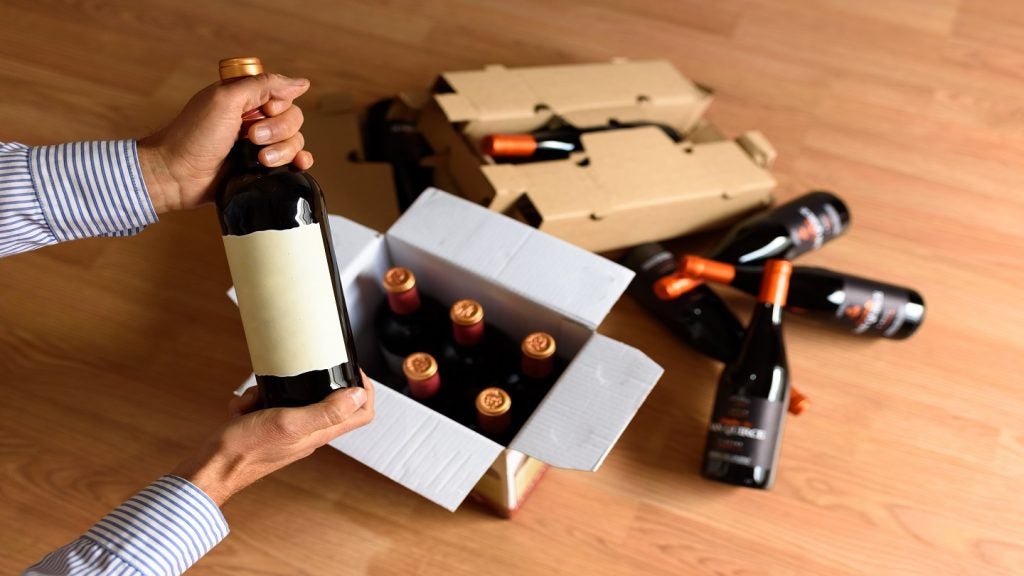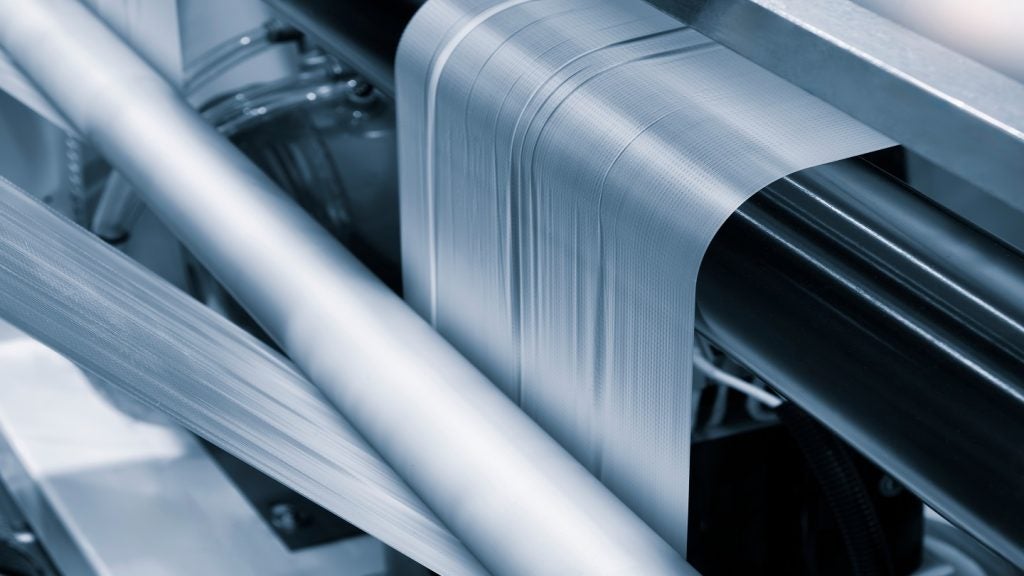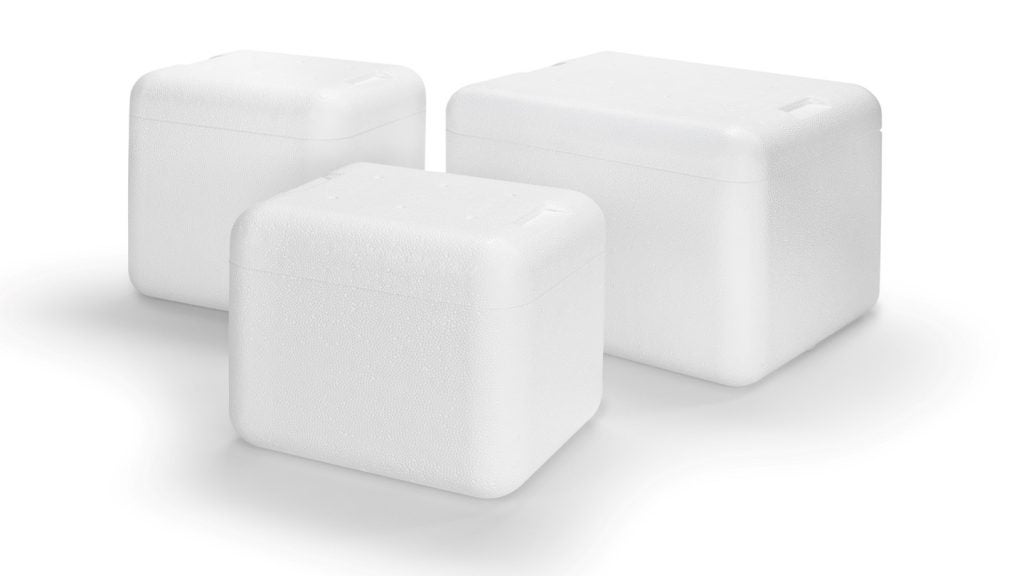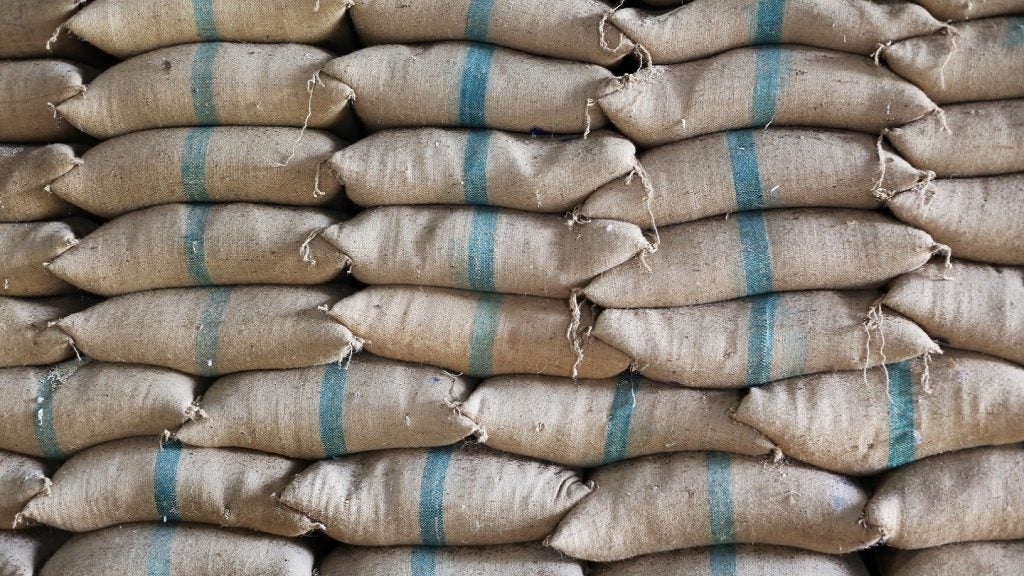Packamama, a UK-based eco-friendly wine bottle packaging company, has been awarded a A$100,000 ($62,304) grant by the Australian national government to explore the development of further eco-friendly packaging solutions for the wine industry.
The grant is part of the Business Research and Innovation Initiative, which is aimed at supporting the technical and commercial viability studies of new packaging solutions that meet the industry's low emissions goals.
The Australian Department of Industry, Science and Resources, along with Wine Australia, backs this initiative, highlighting the wine sector's commitment to reducing carbon emissions without compromising the quality of packaging.
Packamama's proposal promises a 'lighter, more sustainable' approach to wine packaging, addressing market demands in the process.
Building on its experience with a 100% recycled polyethylene terephthalate (rPET) 'eco-flat' bottle, primarily used for commercial wines, Packamama will now investigate packaging that can support the ageing of premium wines and extend the shelf life of commercial wines destined for export.
The project's focus areas include researching polymers and performance additives to address challenges such as oxygen permeability and aroma absorption, digitally simulating bottle design for shelf-life performance, and exploring manufacturing technologies for broader adoption.
Over the next four months, Packamama will conduct feasibility studies as part of the project.
The company, which operates under the trading name Delivering Happiness International, says it aims to leverage this grant to advance sustainable wine packaging innovation not just in Australia, but globally.
Packamama founder and CEO Santiago Navarro said: “We are excited to lead the way in transforming the wine industry’s approach to packaging.
“This grant allows us to accelerate our vision of combining sustainability with functionality to better meet the demands of more Australian wine producers and consumers, including those overseas.
“By moving beyond traditional glass, we can significantly reduce emissions and contribute to Australia’s net-zero goals.”












